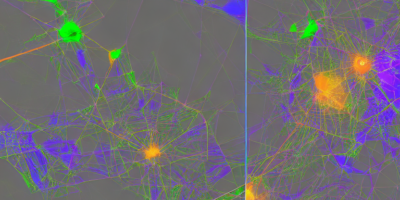In the world of control systems, sensitivity is a crucial concept that measures how much a system responds to changes in its inputs. Imagine a chef adjusting the heat on a stovetop – if the sensitivity is high, even small adjustments will result in significant changes in the temperature. In control systems, sensitivity helps engineers understand how their designs will perform under different conditions, such as variations in plant parameters or noise levels.
The article discusses the concept of sensitivity in the context of electromechanical actuators and motion sensors. The author explains that sensitivity is the transfer function from noise to output or reference to error, and it typically has a peak value at a mid-frequency and converges to unity at high frequencies. The article also highlights the importance of sensitivity in demystifying complex concepts by using everyday language and engaging metaphors or analogies.
The author emphasizes that sensitivity is a measure of robustness, meaning how well a control system performs under variations of plant parameters. It is proportional to the impact of these variations on the system’s output, much like how a chef adjusting the heat affects the temperature of a dish. The article concludes by summarizing the importance of sensitivity in control systems and its applications in engineering.
Electrical Engineering and Systems Science, Systems and Control
Enhanced Robustness of Electric Power Systems through Elimination of Electrical Dynamics



